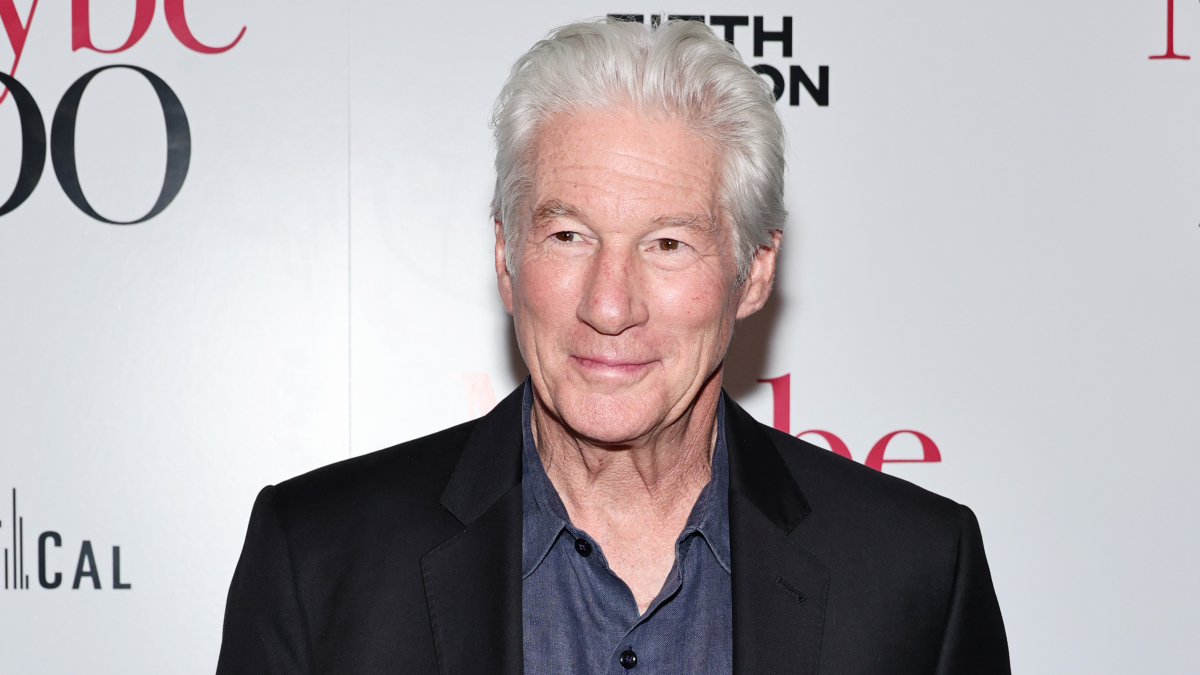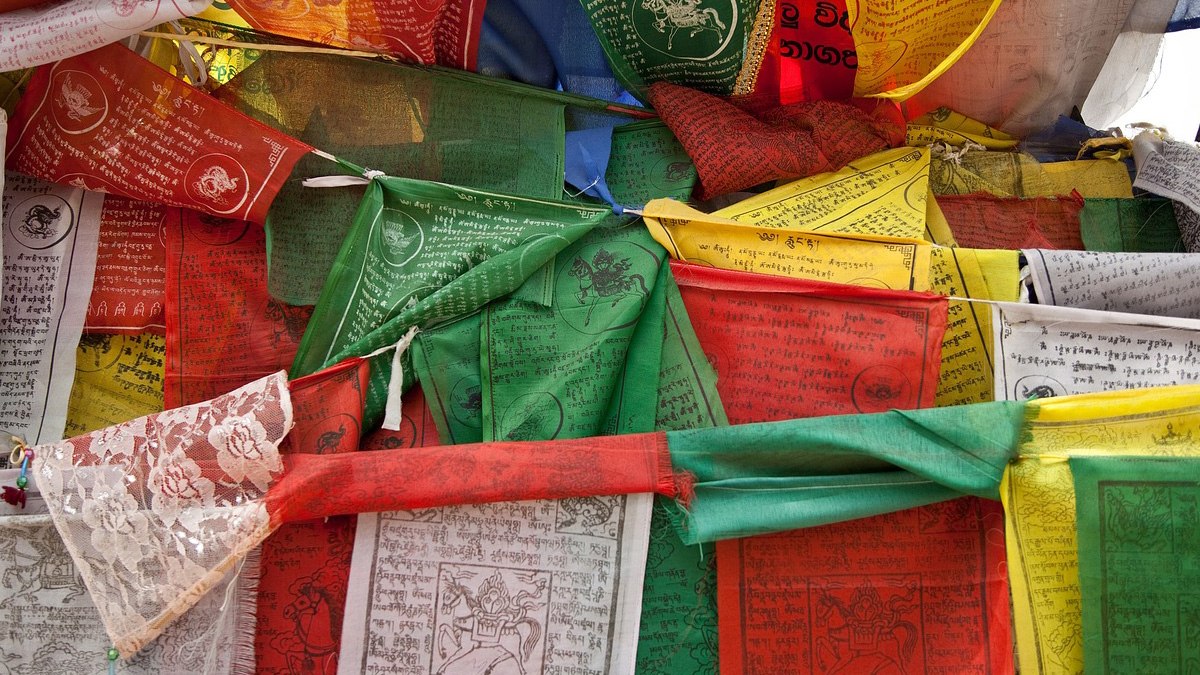
The most unforgettable and magical night in Hollywood is just around the corner, and yes, that would be the Oscars. As a result, the movie-loving masses and passionate film buffs are delighted to witness which favorable movies will take home the gold statue this year. And while the winners and losers are a major focus throughout the ceremony and in the aftermath, one of the most intriguing aspects lately surrounding the Academy Awards pertains to those are not invited.
Over the years, there have been a number of controversial moment which have happened, resulting in a handful of notable names that have been banned from the Oscars. Naturally, this year is proving to be no different, with moviegoers dying to get the scoop on who will be there this year and who won’t be. Of course, the most memorable moment that resulted in a jaw-dropping ban was the most recent encounter being the “slap heard ‘round the world” between Will Smith and Chris Rock. For his actions, Smith was banned for a whole decade after the incident, but his ban feels like a mere slap on the wrist after what happened to actor Richard Gere.
And while Gere has been banned from the ceremony for decades now, interest in his initial ban has yet to waver, with folks asking questions about the ban as we only inch closer to the 2024 Oscars.
Why was he banned?
Gere, a well-known figure in Hollywood and highly praised actor, was shockingly banned from the Oscars in 1993. As the famed story goes, the Pretty Woman performer was supposed to follow a script during his presentation for the Best Art Direction award, but rather than read his lines, he used his time to speak up about something that troubled him: the “horrendous, horrendous human rights situation” that was happening (and still is) against the people of Tibet by China.
During his time at the podium, Gere called out Deng Xiaoping, the late chairman of the Chinese Communist Party for injustices against the people of Tibet. He implored viewers to “send love and truth” to the chairman and urged him to pull Chinese troops from the region to allow the people to be independent once again. All in all, his speech was around two minutes long, and the star did jump back to script once his peace was said. However, the damage was already done, and rather than receive truth and love, the Chinese government banned Gere and his movies form the country indefinitely.
The Academy banned Gere for 20 years for changing the script, but the organization doesn’t admit it. When GQ reached out for comment, the Academy press team told the magazine: “We don’t ban presenters.” For his part, Gere says he was unaffected by the ban, saying: “Studios are interested in the possibility of making huge profits. But I’m still making the same films that I was making when I started. Small, interesting, character-driven and narrative-driven stories. It hasn’t impacted my life at all.”
The ban extends to directors, actors, and other aspects of the industry as well. Gere has openly stated that, “There are definitely movies that I can’t be in because the Chinese will say, ‘Not with him.’” There are certain people who aren’t willing to work with the actor due to how the connection could hurt them, or their families. “If I had worked with this director, he, his family would never have been allowed to leave the country ever again, and he would never work,” the Runaway Bride actor said in an interview with The Hollywood Reporter.
The only time the actor ever felt concern over the 20 year ban was in 2002, after the musical Chicago was nominated for 12 categories. The actor would return to the Academy awards in 2013, joking that, “it seems if you stay around long enough, they forget they banned you.”
That being said, Gere isn’t the only actor to come under fire from the Chinese Government over their position on Tibet. Harrison Ford and Keanu Reeves have also been banned from appearing in films or appearing live in the country. Musical artist Björk was declared a “threat to Chinese national sovereignty” for daring to “declare independence for Tibet” when she shouted “Tibet! Tibet!” at end of her song, “Declare Independence.”
What are they talking about?

Truth be told, Gere’s comments ring as true today as they did in 1993. The years have done little to influence the Chinese Government to change their aggressive suppression of Tibetan culture. The region has religion deeply engrained in its culture, with the primary faith being a variation of Buddhism developed in Tibet, Tibetan Buddhism. China is officially an atheist state, meaning there is a prohibition on religious ceremony of any kind. The reasoning stems from the belief that religion can serve as an alternative to Communism and undermine loyalty to the government. The dismantling of religious hierarchy led to the exile of the former head of state and the spiritual leader of Tibet — the 14th Dalai Lama — when the region was “liberated” by the Chinese communist party in the 1950s. Though unable to return to the territory, the Dalai Lama continues to act as a voice for the people of Tibet, consistently repudiating China’s control of the region.
Tibet has consistently pushed for the right to self-rule. Though the region is considered autonomous, the Chinese government dictates how the people live, and frequently uses excessive force on dissidents. For years human rights organizations have scrutinized the Chinese government’s use of force on separatist protestors — a group that is mostly made up of Buddhist nuns and monks — who protest non-violently. The most recent incident — the 2008 Tibetan unrest — saw the death of over 200 protestors, with more than 1000 others listed as “missing.”
Gere is still an active advocate for the Tibetan independence movement, and has met with the Dalai Lama several times to discuss the matter. He is joined in the fight by fellow actors Amy Adams, Bradley Cooper, Hugh Jackman, and Jeremy Renner.
Why is Richard Gere banned from the Oscars?
Updated Flash Report
0 Comments